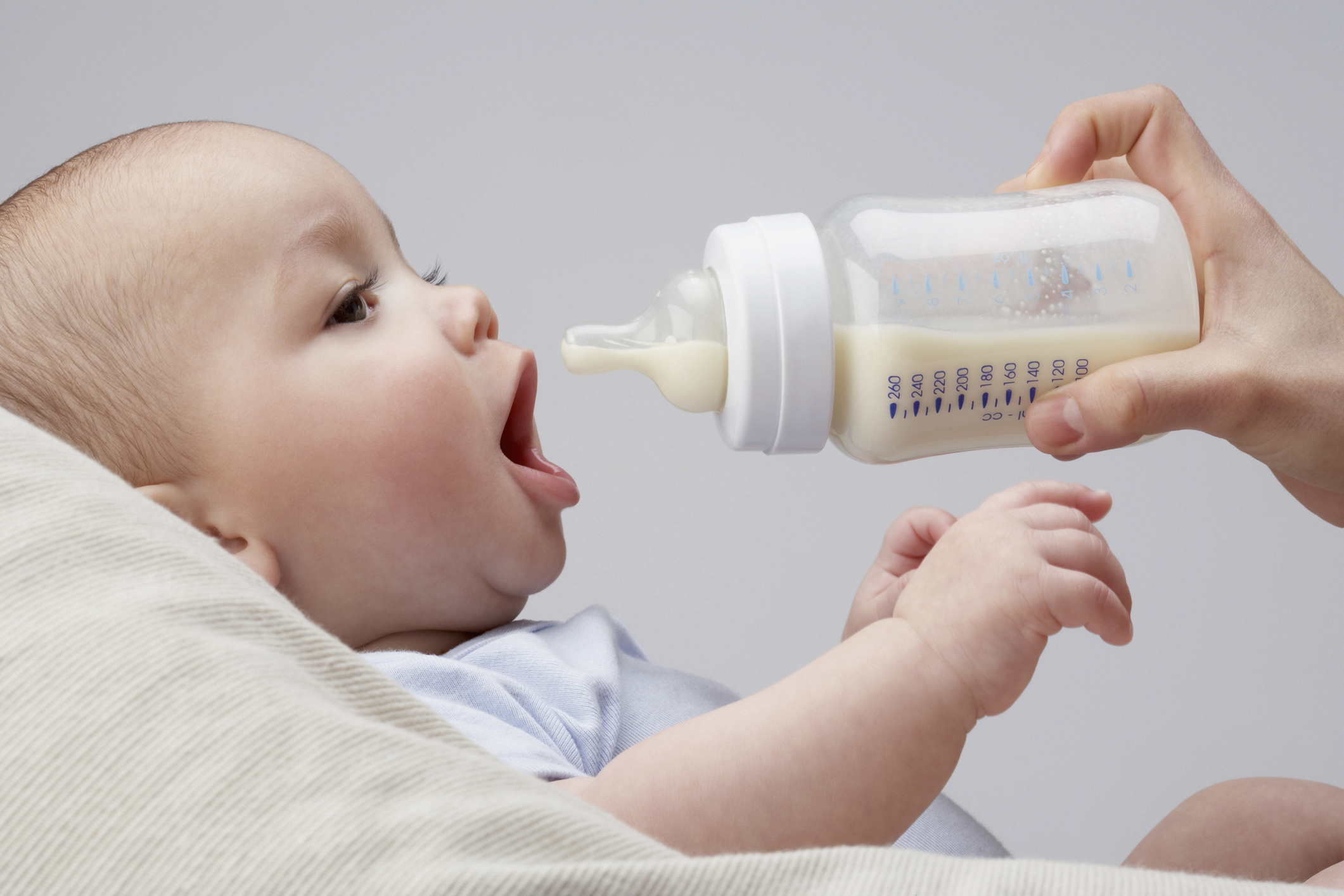The recent World Health Organization (WHO) guideline aims to provide evidence-based recommendations on complementary feeding (CF) of healthy term infants and young children between the ages of 6 and 23 months—both breastfed and non-breastfed—living in low-, middle- and high-income countries.
Eleven societies have shared their concerns about the guidelines in a newly published position paper, in Journal of Pediatric Gastroenterology and Nutrition, saying some “may have the potential to cause unintended harm in infants and young children.”
They also question the process used to develop the guideline as there appeared to be no wider stakeholder involvement nor an open consultation process.
Excess protein and obesity
The WHO guideline states: “For infants 6–11 months of age who are fed milk other than breast milk, either milk formula or animal milk can be fed. For young children 12–23 months of age who are fed milk other than breast milk, animal milk should be fed. Follow‐up formulas are not recommended.”
Previously, the advice was that animal milk should not be given as a drink to babies until they are 12 months old due to concerns that it does not contain enough iron to meet a baby’s needs.
However, the new report outlines some concerns around formula, stating that although formulas have been continually altered to be as similar as nutritionally possible to breast milk they “lack its immunological properties and do not include all nutrients present in breast milk.”
It states: “Because milk formulas have been aggressively marketed and are associated with child morbidity and mortality, an International Code of Marketing of Breastmilk Substitutes was nearly unanimously approved by the World Health Assembly in 1981.”
It notes that the use of cow’s milk in infancy has been associated with gastrointestinal blood loss, iron deficiency anaemia (IDA) and increased solute load for kidneys, but the occult blood losses in infants 6 to 11 months of age are “very minor and not likely to affect iron status” and can be avoided with supplements or foods.
The position paper argues this guideline is not appropriate for those in high income countries (where the caregiver can easily prepare formula cleanly and frequently) as there is the potential for excess intake of certain nutrients such as protein, which are considered important contributors to unhealthy growth trajectories and risk of overweight or obesity.
“The guideline fails to consider the risk of excess protein intake (combined with poor iron intake) from cows’ milk in higher income settings or settings with [double burden malnutrition] where overweight and obesity and associated diet‐related noncommunicable diseases are significant public health issues,” it stated.
“There is increasing evidence linking high protein intakes during infancy, especially from dairy foods, with excess weight gain and increased risk of overweight and obesity, including data from a randomized trial comparing infant formulas with different protein contents. The [Guide-line Development Group] only reviewed evidence from studies that compared groups fed animal milk versus formula milk and therefore did not consider evidence from cohort studies (e.g., from the UK, Iceland), which shows associations between the amount of cows’ milk consumed and both iron deficiency and higher weight gain/adiposity measures in childhood.”
The paper further noted infants who participated in the included studies were largely born in the 1980s and 1990s so likely had lower exposure to an obesogenic food environment than contemporary infants and young children.
It suggests that in populations where overweight and obesity are prevalent, a recommendation to use cows’ milk must consider these potential risks “as has already been done by authorities in many countries which recommend that cows’ milk is not used as the main drink before 12 months and that it should be limited in quantity to around 500 mL per day after 12 months to ensure a balanced and diverse diet.”
The position paper comes some months after NutraIngredients reported on Specialised Nutrition Europe’s (SNE) concerns on the guidelines. The body stated at the time: “Recommending animal milk before one year clearly goes against the generally accepted medical recommendation that cows’ milk should not be introduced in the diet as breast-milk substitutes before one year of age.”
Source: JPGN
doi: 10.1002/jpn3.12248
“World Health Organization (WHO) guideline on the complementary feeding of infants and young children aged 6−23 months 2023: A multisociety response”
Authors: European Society for Paediatric Gastroenterology, Hepatology & Nutrition (ESPGHAN), European Academy of Paediatrics (EAP), European Society for Paediatric Research (ESPR), European Academy for Allergy and Clinical Immunology (EAACI), Federation of International Societies for Paediatric Gastroenterology, Hepatology & Nutrition (FISPGHAN), Latin American Society for Pediatric Gastroenterology, Hepatology & Nutrition (LASPGHAN), Pan Arab Society for Pediatric Gastroenterology and Nutrition (PASPGHAN), Asian Pan-Pacific Society for Pediatric Gastroenterology, Hepatology and Nutrition (AAPSGHAN), North American Society for Pediatric Gastroenterology, Hepatology and Nutrition (NASPGHAN), World Allergy Organization (WAO), Asia Pacific Academy of Pediatric Allergy, Respirology & Immunology (APAPARI)
